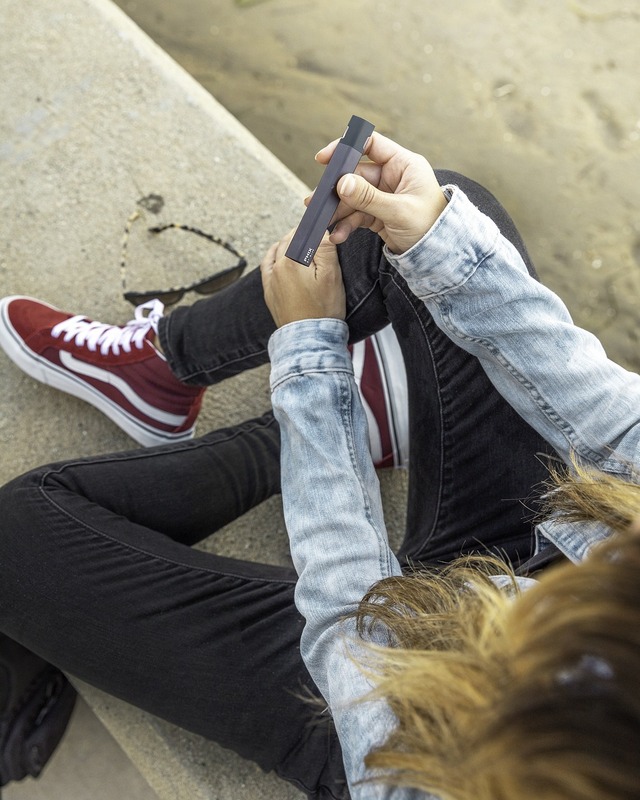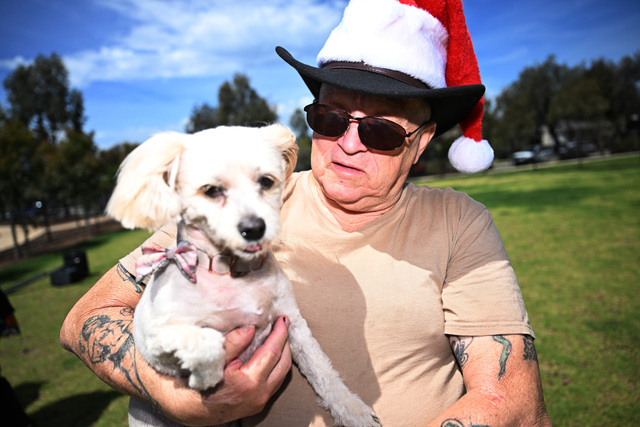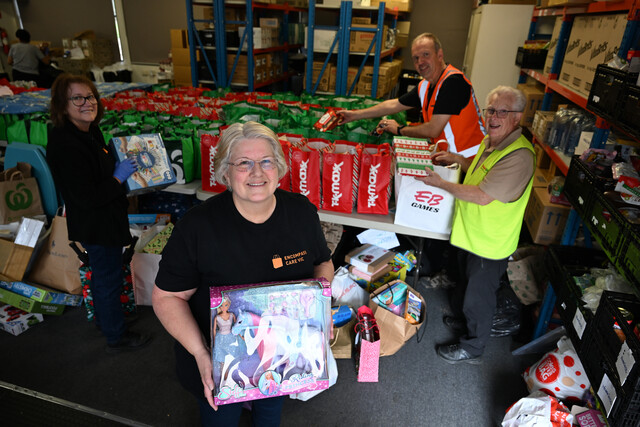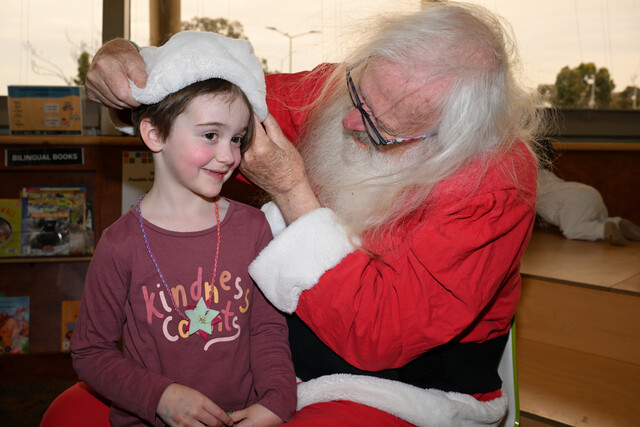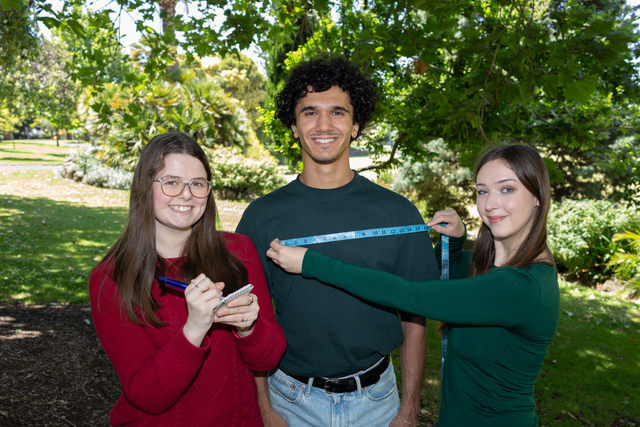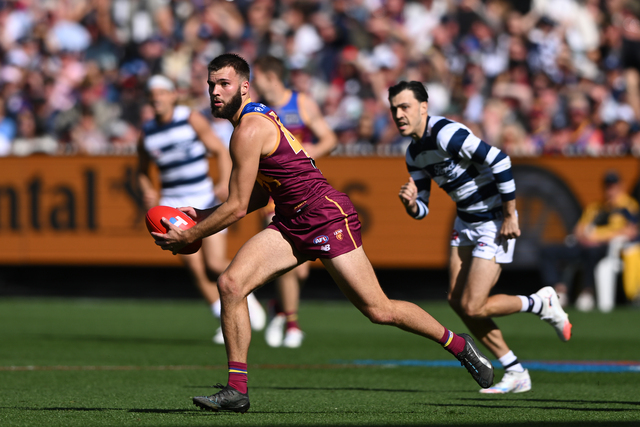Councils, universities, sporting clubs and community organisations will all join forces to help stop young people vaping.
Health Minister Mary-Anne Thomas recently announced the $2 million Vape-Free Victoria investment to deliver workshops, community events, and amplify a peer-to-peer digital platform for young people aged 14 to 25 to educate young people about the harms of vaping.
The two-year project is being delivered by the Victorian Health Promotion Foundation (VicHealth) and will use resources from UNCLOUD.
UNCLOUD is a digital platform which provides peer-reviewed and scientifically backed information about vaping and allows young people to share their stories with each other.
Twenty-none councils, five sporting teams, and five universities will join the project by sharing the UNCLOUD platform at community events and activations.
Sporting bodies and teams including Swimming Victoria, Athletics Victoria, Melbourne Vipers, Deakin Melbourne Boomers and Hockey Club Melbourne, will share and promote the UNCLOUD platform at sporting carnivals, youth holiday programs, events, and across social media platforms.
As part of the project, the Alcohol and Drug Foundation will upskill coaches at sporting clubs with anti-vaping education.
Tertiary institutions including the University of Melbourne, Federation University, Monash University, Deakin University and Swinburne University of Technology, will use the funding to establish student advocates, while others will offer education and training on-site to health staff.
VicHealth, Quit Victoria and the Department of Health will provide guidance and support to these organisations.
“We’re working with sporting clubs, universities, and local councils to spread anti-vaping messaging,” Ms Thomas said.
“We know the impacts vaping has on our health and this initiative will allow young people to learn about the risks – empowering them to make health-led decisions.”
VicHealth’s health promotions systems executive manager, Michelle Murray, said the initiative was about giving young people the tools to warn each other about vaping through real, authentic stories.
“We know the best way to reach young people is through other young people.”

